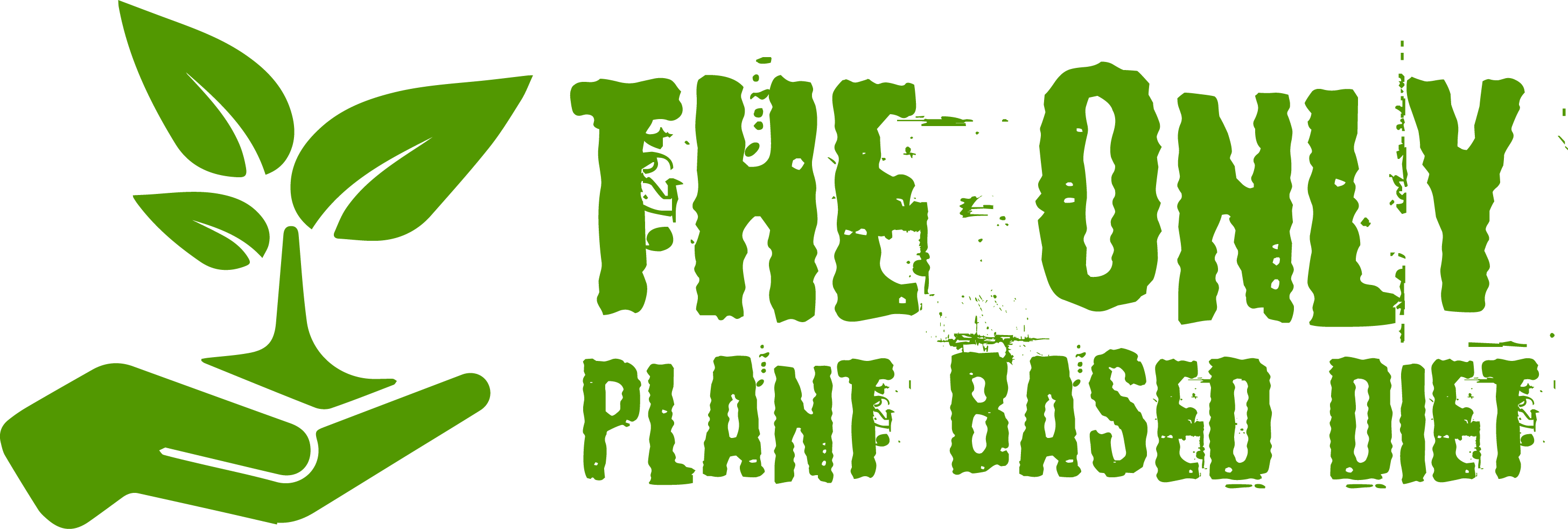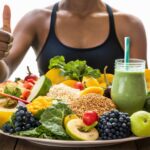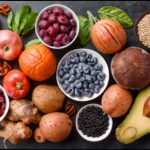The shift towards plant-based diets has garnered substantial attention in recent years, driven by health, environmental, and ethical considerations. However, this nutritional revolution isn’t without its misconceptions. Here, we’ll demystify several prevalent myths, guiding you through a fact-based approach to plant-based eating.
Understanding Plant-Based Diets
Differentiating Between Veganism, Vegetarianism, and Plant-Based Eating
It’s a common misconception to interchange plant-based diets with veganism and vegetarianism. While these diets share similarities, primarily their emphasis on plant foods, they differ significantly. Vegans strictly abstain from all animal products, vegetarians exclude meat but may consume dairy or eggs, while those on a plant-based diet primarily consume whole, plant foods. However, the latter isn’t inherently restrictive, allowing occasional animal products. The key lies in the diet’s foundation: a diverse array of fruits, vegetables, grains, legumes, nuts, and seeds.
The Protein Myth Unraveled
Protein-Rich Foods in Plant-Based Diets
One prevailing myth is that plant-based foods lack sufficient protein. This misconception stems from the emphasis on meat as a primary protein source. However, various plant foods are rich in protein, adequately supporting nutritional needs when consciously incorporated into meals.
Enhancing Your Diet with Plant-Based Proteins
Contrary to popular belief, integrating sufficient protein through a plant-based diet is neither challenging nor complex. Staples such as lentils, chickpeas, quinoa, tofu, and almonds are not only protein-rich but also provide a bevy of other nutrients. Additionally, plant-based protein powders from peas, brown rice, or hemp can supplement diets, particularly for active individuals requiring higher protein intake.
Cost-Effectiveness of Plant-Based Diets
Budget-Friendly Plant-Based Options
Another myth is the presumed high cost of plant-based diets. While certain specialty items, like vegan cheese and plant-based meats, can be pricier, the diet’s staples—vegetables, fruits, grains, and legumes—are typically affordable, especially when purchased in season or in bulk. By focusing on these whole foods and preparing meals at home, followers can maintain a cost-effective, nutrient-rich diet.
Health Factor: Not All Plant-Based Foods Are Created Equal
The Trap of Plant-Based Junk Foods
The term “plant-based” doesn’t automatically equate to healthy. An array of plant-based junk foods exist, offering little nutritional value. It’s essential to discern these options from whole, nutrient-dense foods integral to a balanced plant-based diet.
Tips for Choosing Healthy Plant-Based Options
When selecting plant-based items, reading ingredient lists is crucial. Opt for foods with minimal additives, preservatives, and refined sugars. Emphasizing whole foods over processed ones ensures a higher nutrient intake, promoting overall health.
Plant-Based Foods That Are Rich In Carbohydrates
Satiety and Plant-Based Meals
The Role of Fiber and Nutrients
Some believe plant-based meals aren’t filling, but this couldn’t be further from the truth. High-fiber components of a plant-based diet, like fruits, vegetables, and legumes, enhance satiety. Fiber-dense meals not only fill you up but also regulate blood sugar levels, preventing sudden hunger pangs.
Embracing the Plant-Based Lifestyle
Plant-based eating, when correctly understood and practiced, is a sustainable and health-promoting lifestyle. By dispelling myths surrounding it, we can embrace a nutritional approach that benefits our health, the animals, and our planet.
FAQs
Is it hard to get enough protein on a plant-based diet?
No, numerous plant-based proteins can easily meet your daily requirements when included properly in your diet.
Are all plant-based foods healthy?
Not necessarily. It’s essential to differentiate whole plant foods from processed plant-based foods, which might not be healthy.
Is a plant-based diet the same as a vegan diet?
No, a plant-based diet emphasizes whole plant foods but can occasionally include animal products, while a vegan diet strictly excludes all forms of animal-derived substances.
Can you save money by eating a plant-based diet?
Yes, by focusing on whole foods and seasonal produce, a plant-based diet can be quite budget-friendly.
Are plant-based diets filling?
Absolutely. Foods rich in fiber and nutrients, common in plant-based diets, contribute to feelings of fullness.







